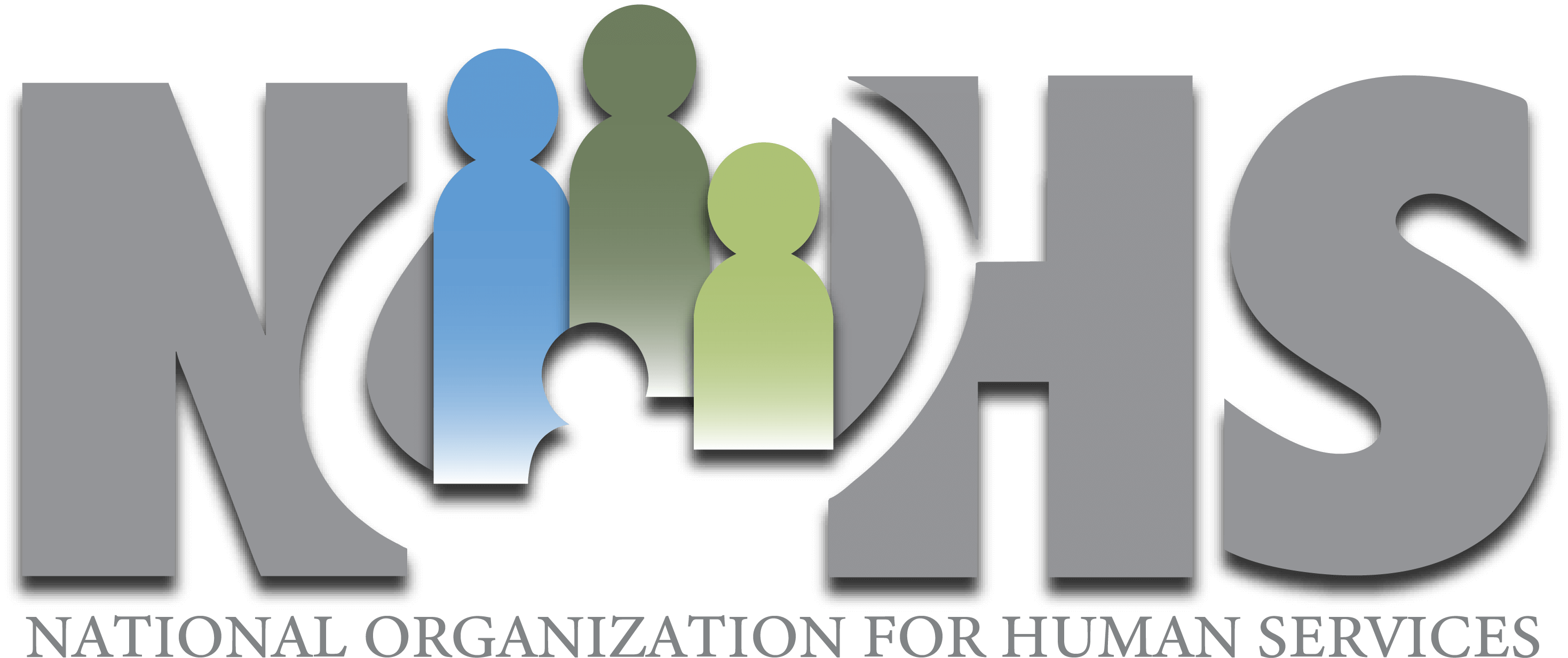Professional Development
Elevating Human Services through Professional Development: Our Commitment at NOHS
In the dynamic realm of human services, the demand for skilled, compassionate, and well-informed professionals is ever-growing. At the National Organization for Human Services (NOHS), we recognize the paramount importance of continuous professional development and the provision of quality education. It is not just a necessity; it is our fundamental duty to the communities we serve. This piece underscores the critical role of ongoing learning and development in enhancing service delivery and contributing to the overall well-being of our society.
The Ever-Evolving Landscape of Human Services
Human services professionals are on the front lines, addressing some of the most pressing challenges facing individuals and communities today. From mental health support and social work to community outreach and counseling, the breadth of human services is vast and profoundly impactful. Yet, these challenges are not static; they evolve with societal shifts, technological advancements, and changing demographics. Consequently, the field of human services must remain dynamic, continuously adapting to meet the evolving needs of those it serves.
Why Professional Development Matters
At the heart of effective human services practice lies a commitment to staying informed and adept, professional development ensures that practitioners are equipped with the latest research findings, innovative methodologies, and best practices to address the diverse needs of their clients. It fosters a culture of excellence, accountability, and continuous improvement, which are essential for maintaining the integrity and effectiveness of the services provided.
- Elevating Service Quality: Continuous training and education elevate the quality of services offered by enabling practitioners to refine their skills and broaden their knowledge base. This is crucial for developing more effective interventions, enhancing client outcomes, and ensuring that services are delivered in a culturally competent and ethically responsible manner.
- Embracing Change: In the fast-paced landscape of human services, professional development empowers practitioners to stay ahead of emerging trends, new research, and legislative changes that impact service delivery. It equips them to confront new challenges proactively and adapt their approaches to serve their clients better.
- Empowering Career Advancement: Professional development serves as a gateway to career advancement within the human services field. It opens doors to higher-level positions, specialized roles, and leadership opportunities. Furthermore, it demonstrates a commitment to excellence and a passion for the profession, traits highly valued in the human services sector.
- Building a Supportive Community Engaging in professional development activities fosters a supportive community of practice. It provides avenues for networking, mentorship, and collaboration, enabling the exchange of knowledge and experiences. This sense of community is invaluable for personal growth, professional resilience, and the advancement of the field as a whole.
The Continuous Need for Quality Education
Quality education lays the groundwork for a fulfilling career in human services. It equips aspiring professionals with critical thinking skills, theoretical knowledge, and practical experience essential for navigating the complexities of the field. However, education should not conclude with a degree; rather, it should be a lifelong pursuit ingrained in the culture of human services.
- Institutional Support: Institutions and organizations within the human services sector must prioritize and support the professional development of their staff. This can be achieved through funding for further education, access to training and workshops, and encouragement of participation in professional associations. Such support not only benefits individual practitioners but also enhances the collective capacity of organizations to meet the needs of their clients.
- Policy Advocacy: Policymakers play a pivotal role in promoting professional development and quality education in human services. By establishing standards for continuing education and allocating resources for professional development, they can ensure a competent and capable workforce. Additionally, policies supporting interdisciplinary collaboration can enrich the field of human services, bringing in diverse perspectives and expertise.
Let us embrace the opportunity for continuous learning and growth, viewing it not just as a professional obligation but as a personal commitment to the individuals and communities we serve. Together, we can propel the field of human services forward, enhancing societal well-being and fostering a more just and equitable world. As we forge ahead, let us remain steadfast in our dedication to this cause, recognizing that our commitment to learning and improvement is central to our mission. The future of human services lies in our hands, and through our collective efforts, we will continue to make a profound impact on the lives of those we serve.
